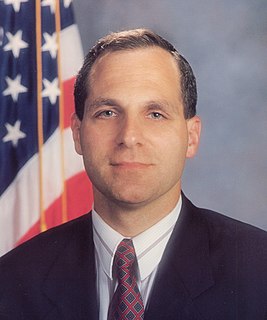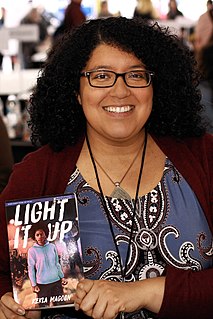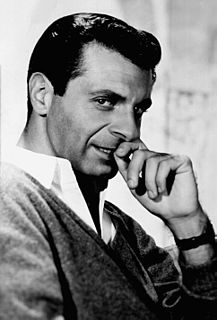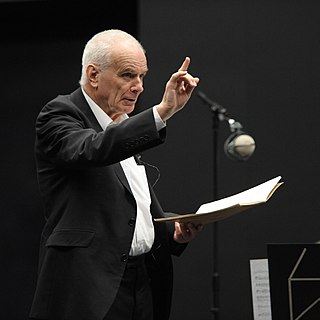A Quote by Manning Marable
I believe that the FBI clearly was concerned, wanted to monitor and disrupt Malcolm X wherever possible.
Related Quotes
There were over 40,000 pages of FBI documents of which only about half are currently available to scholars and researchers. I think that this 40th anniversary of the assassination is a good opportunity for us to say that now is the time to declassify all FBI material on Malcolm X. There really is a need for us to challenge the US government for its refusal to open up its own archives 40 years after the death of Malcolm.
After years spent trying to deal with the effects of COINTELPRO, my rage at the FBI's almost unimaginable evil remains undiminished because I believe that it succeeded in many of its horrifying goals, given the deaths of Martin King, Malcolm X, and other sixties leaders. Since the FBI uses taxpayer dollars to fund its extreme and ridiculous investigations of anyone who expresses dissenting opinions, even resorting to crime - including theft, encouragement to murder, subornation of perjury, and manipulation of the judicial process - to achieve its ends, I have always advocated its disbanding.
I have asked James Shabazz, I've asked other people who are members of the OAAU, Herman Ferguson and others, what led to that disastrous decision [that the guards didn't carry weapons]? James Shabazz said to me with a shrug, you just didn't know Malcolm. Malcolm was adamant, and that whatever Malcolm wanted, that's what we just did.
To believe straight away is foolishness, to believe after having seen clearly is good sense. That is the Buddhist policy in belief; not to believe stupidly, or to rely only on people, textbooks, conjecture, reasoning, or whatever the majority believes, but rather to believe what we see clearly for ourselves to be the case. This is how it is in Buddhism.
































